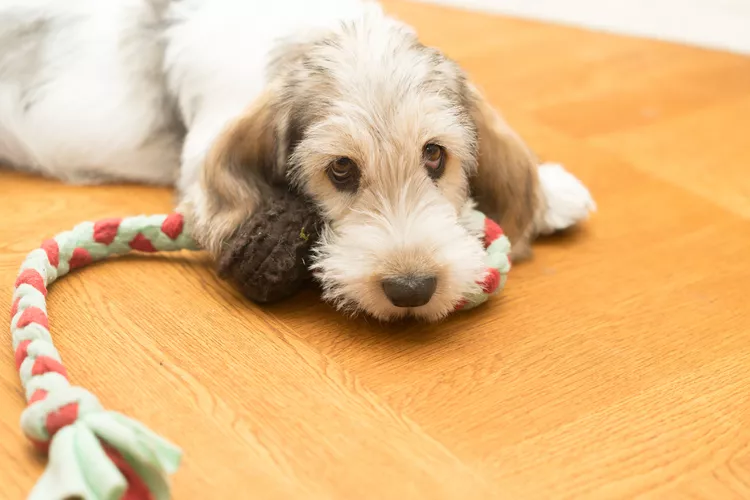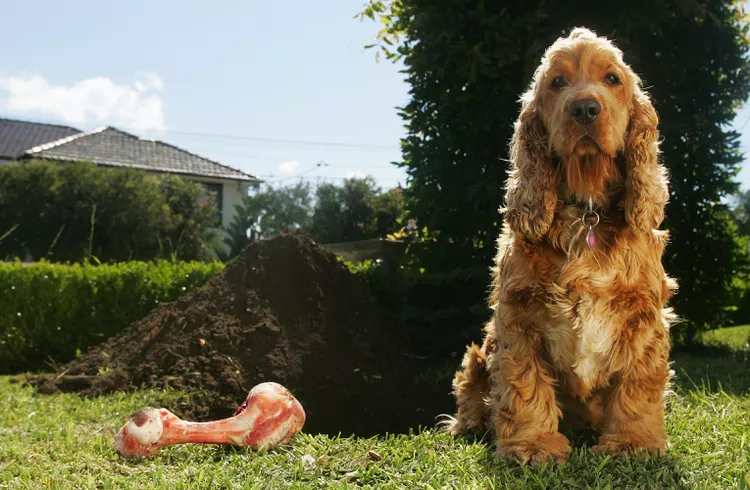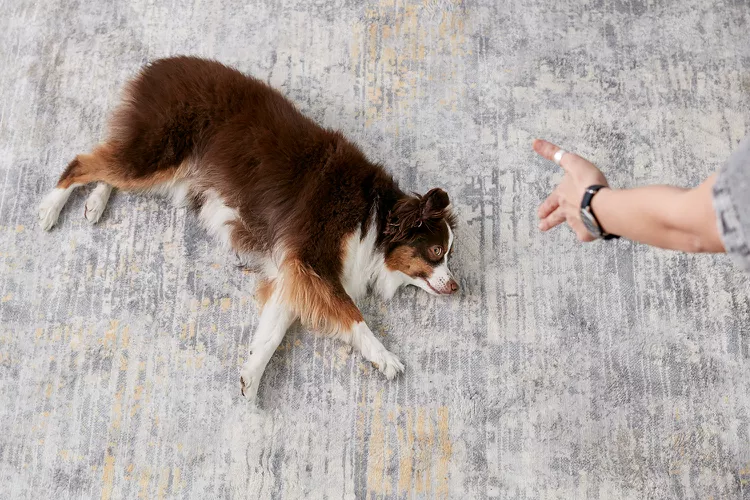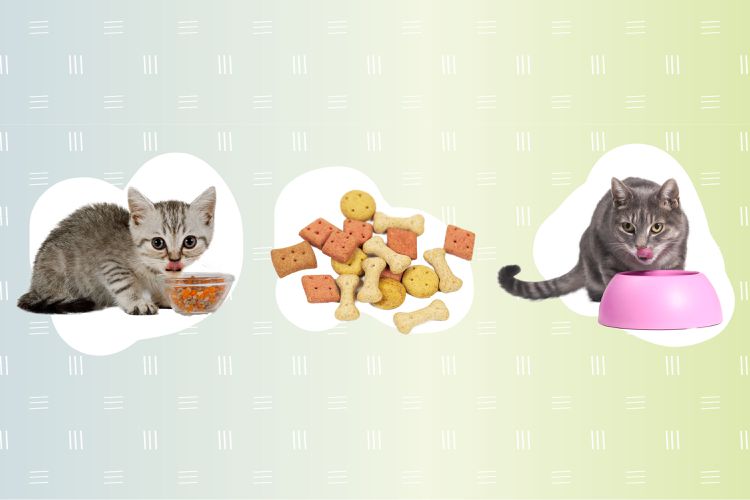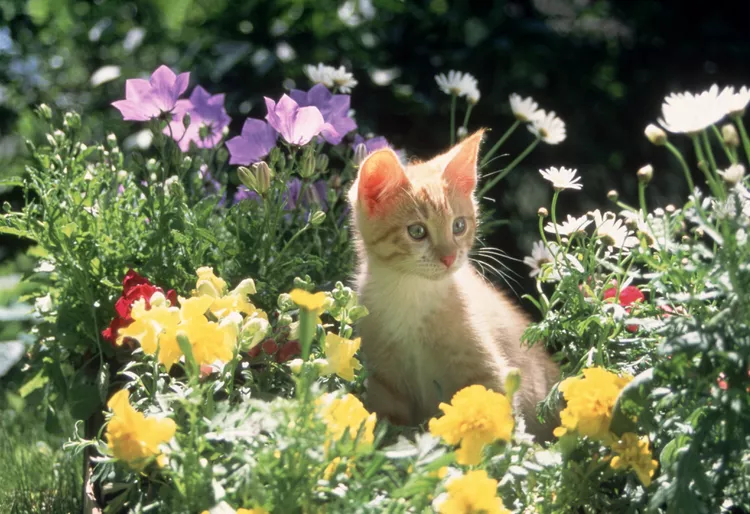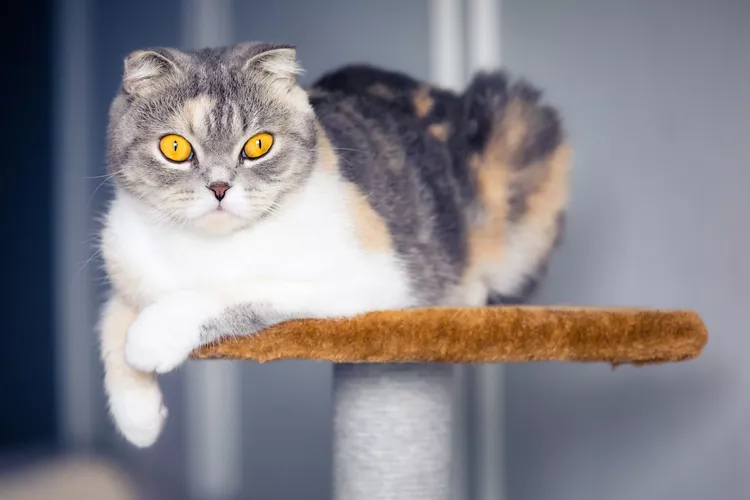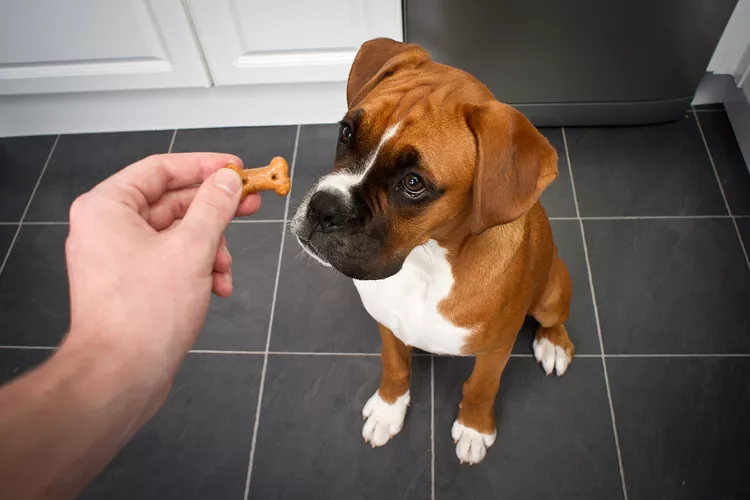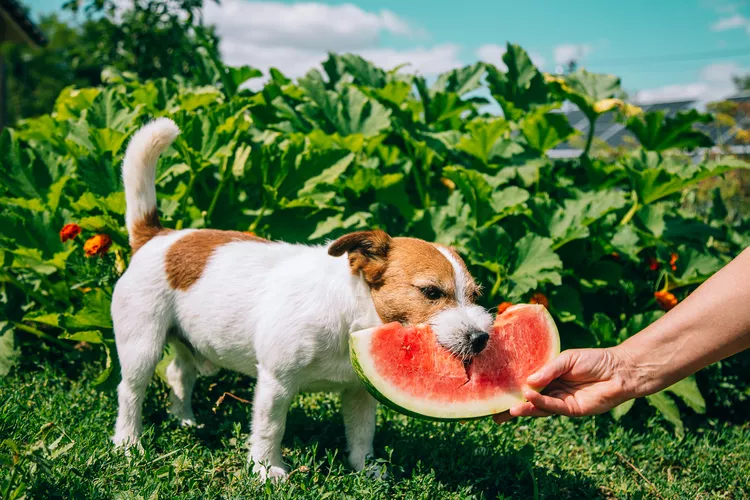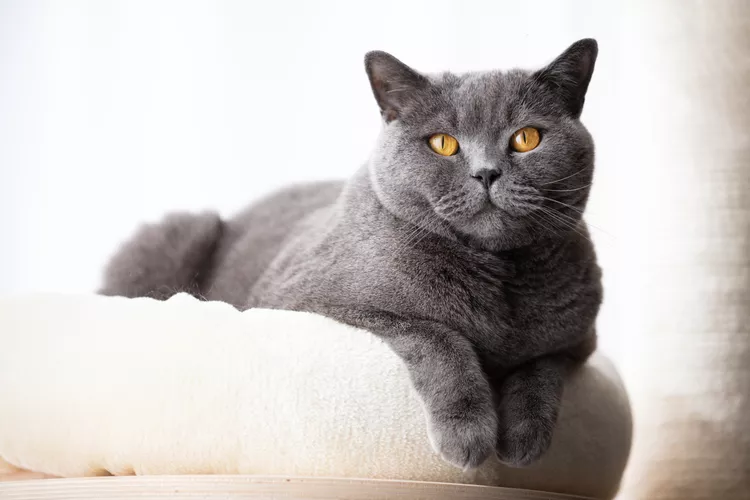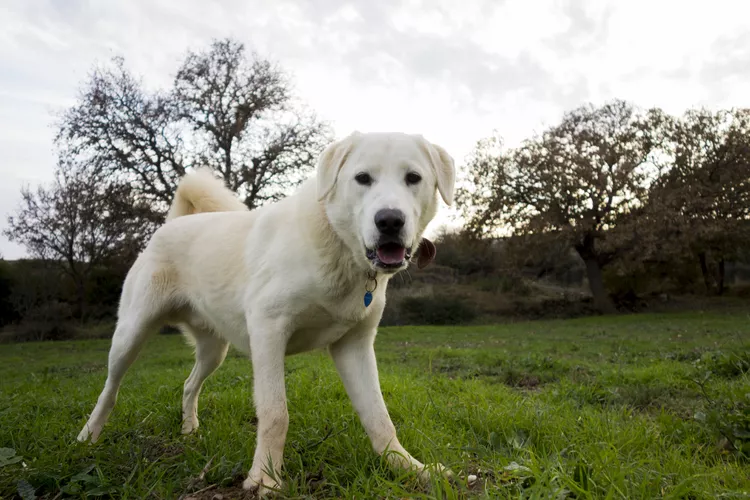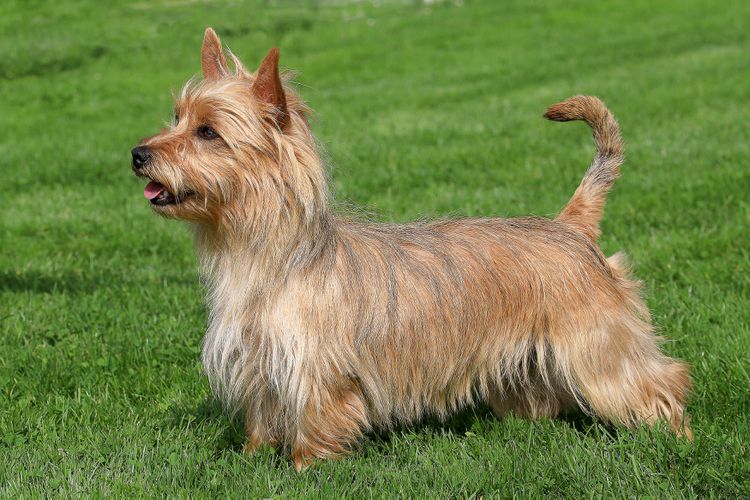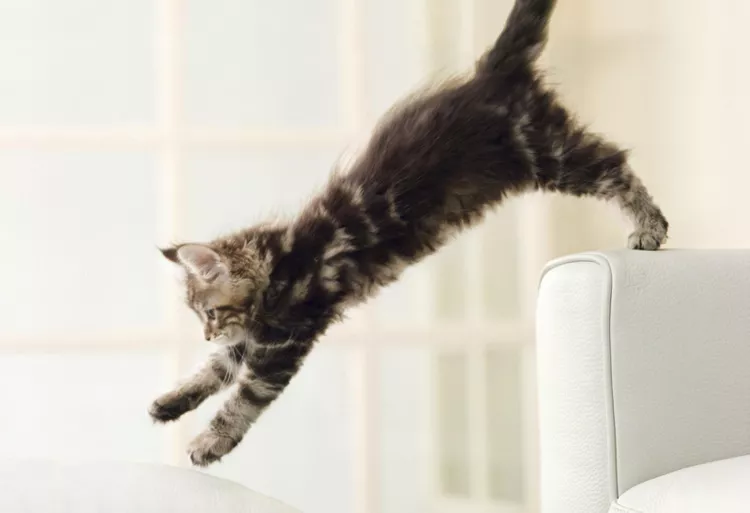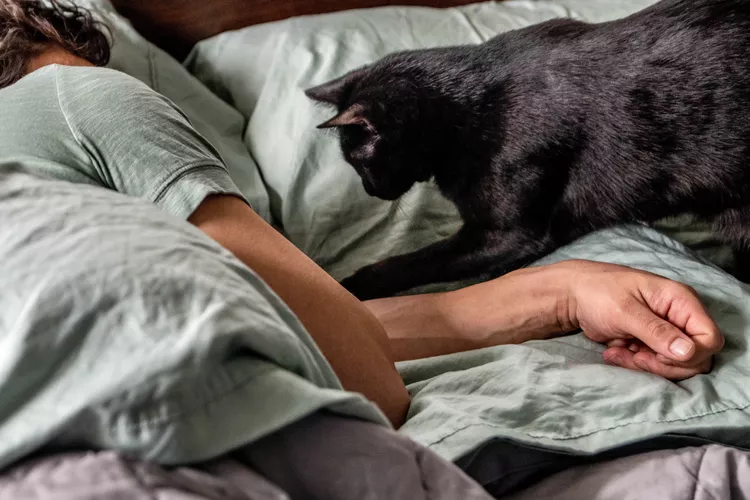Often referred to as the "GBGV" or "Grand," the Grand Basset Griffon Vendéen is a shaggy, active, and independent scent-hound from France. In fact, the rough translation of its name is very descriptive of its appearance: "Large, low, shaggy dog of the Vendéen (a region of France)."
The GBGV was originally developed to help hunt deer, boar, and other large game—however, today, the GBGV's sweet personality and relatively calm demeanor make it the perfect pick for an active family or owners with other dogs. The GBGV is a pack dog, so they'll thrive in households with multiple dogs.
Breed Overview
Group: Hound
Height: 15.5 to 18 inches at the shoulder
Weight: 40 to 45 pounds
Coat: Rough, scruffy, and shaggy with extra length around the eyes and chin; double-coated with a long, rough outercoat and a soft, thick undercoat
Coat Color: A variety of colors, including tri-color, yellow, orange, black, and sable
Life Span: 13 to 15 years
Temperament: Alert, energetic, loyal, lively, attentive, fearless, stubborn, sweet-tempered
Hypoallergenic: No
Origin: France
Characteristics of the Grand Basset Griffon Vendéen
The Grand Basset Griffon Vendéen was originally bred as a working dog, so they have higher energy levels and exercise needs. Like all hounds, the Grand Basset Griffon Vendéen loves to follow their nose, so a fenced-in backyard or large, enclosed exercise space is a must. They tend to bark loudly and frequently and they can be stubborn, so obedience training beginning in early puppyhood is vital. Although the Grand Basset Griffon Vendéen is a smaller dog, they're not recommended for people who live in apartments or smaller spaces. If they aren't adequately exercised, they become bored and destructive.
History of the Grand Basset Griffon Vendéen
One of the four Griffon Hounds developed over centuries, the Grand Basset Griffon Vendéen was originally bred in Vendéen, a region in France, sometime during the 16th century. Their primary purpose was to help hunters track and takedown game—despite their smaller stature, GBGVs were able to handle larger game, like boar and deer, in addition to smaller prey.
For many years, the Grand Basset Griffon Vendéen was interbred with the Petit Basset Griffon Vendéen and the two were considered a single breed. In fact, the Club du Basset Griffon Vendéen, the official organization of Griffon Hounds from Vendéen, established the same breed standards for both the Grand and the Petit. Eventually, in 1909, the club reassessed the breed standards and recognized the Grand and Petit as two distinctive breeds. Over a century later, in 2018, the Grand Basset Griffon Vendéen was officially recognized as a member of the Hound Group by the American Kennel Club.
Grand Basset Griffon Vendéen Care
The GBGV is a fairly low-maintenance dog in terms of grooming and care. They don't need much to thrive—just plenty of exercise and occasional grooming. Your biggest struggle will come from training your dog. The GBGV is stubborn and can be resistant to training efforts, especially if you don't start them early and often.
Exercise
The Grand Basset Griffon Vendéen is a very active breed and will benefit greatly from daily exercise. Playing games like fetch, hide and seek, or tug-o-war can help keep your dog healthy, fit, and engaged. If you talk your dog on walks or runs, make sure to always keep them on a leash—their strong noses will tempt them away easily and you may lose sight of them otherwise.
Grooming
Your GBGV should be brushed once per week with a slicker brush and comb and can be bathed as needed. Dental hygiene should also be an important part of your weekly grooming routine. Daily brushing is ideal, but brushing your dog's teeth even once per week can help protect them from oral disease.
Like all breeds, it's important to examine and clean your dog's ears every week. You can gently remove dirt, debris, or waxy build-up with a soft cotton cloth or pad. Cotton swabs aren't recommended, as they can damage the delicate inner-ear structures. If your dog's ears are excessively dirty, red, inflamed, or smell funny, contact your veterinarian immediately. These may be signs of an ear infection.
Training
Obedience training is vital for GBGVs, who can be stubborn and have a mind of their own. If you're unfamiliar with dog training or obedience—or a first-time dog owner—the GBGV might not be the right breed for you. Be sure to keep training consistent, positive, and engaging, with plenty of rewards. It's important to note that, no matter how much you train your Grand Basset Griffon Vendéen, they will retain the urge to bark and chase prey if they're off-leash or in an open space.
Common Health Problems
Like all breeds, the Grand Basset Griffon Vendéen may be susceptible to certain health conditions. They're typically considered healthy dogs—and reputable breeders do everything they can to maintain the highest breed standards—but there's no guarantee that your dog will or won't develop a health condition in their lifetime. It's important to be aware of these conditions, so you can take the steps needed if symptoms arise in your pet.
Some health conditions that are common among GBGVs include hip dysplasia, a genetic disorder characterized by weakening and pain in the hip joints, and dermatitis, also known as irritation of the skin. If you're worried about these conditions, or any other health issues in your dog, be sure to talk to your vet about steps you can take to give your pup a long, happy, healthy life.
Diet and Nutrition
Your dog's diet will depend largely on its age and activity levels. Refer to the feeding chart on your preferred dog food or talk to your veterinarian if you're unsure how much to feed your Grand Basset Griffon Vendéen. Canine obesity can affect dogs of all ages and breeds, so it's important to feed your dog a healthy, balanced diet and take it easy on the treats. Canine obesity can be extremely dangerous and can lead to other health issues, like heart disease or diabetes.
Where to Adopt or Buy a Grand Basset Griffon Vendéen
The Grand Basset Griffon Vendéen is still a fairly rare breed in the United States. There are only a few hundred registered with the American Kennel Club, so it may be difficult to find one in your local shelter. If you work with a reputable breeder, there may be a long waiting list due to their rarity.
Before purchasing a puppy from a breeder, be sure to do your research and ensure they're ethical and reputable. Look for signs of backyard breeding, like unhealthy dogs, multiple litters at the same time, or the ability to pay with a credit card over the phone or online.
Grand Basset Griffon Vendéen Overview
Loyal, loving, and friendly
Low-maintenance grooming requirements
Ideal for active, outdoorsy families
Has a tendency to bark and chase prey
High exercise requirements and energy levels
Can be stubborn and difficult to train
More Breeds and Further Research
The Grand Basset Griffon Vendéen can be a loving and loyal family dog but may be difficult to find in the United States. Before pursuing ownership of a GBGV, make sure to talk to other owners, vets, and breeders to determine if the breed is right for you.
If you're interested in similar breeds, check out:
There's a whole world of potential dog breeds out there—with a little research, you can find the right one to bring home!
-
Are Grand Basset Griffon Vendéens good apartment dogs?
No—if you're interested in owning a Grand Basset Griffon Vendéen, it's better to do so in a home with a yard than in an apartment. They are a very active breed and enjoy having some open space to run around in. Additionally, they are notoriously noisy dogs and may bark frequently at an apartment when they hear neighbors coming and going.
-
Are Grand Basset Griffon Vendéen good family dogs?
Yes, the GBGV breed can make for a great family dog. They're best suited for families with slightly older children who can participate in their care, training, and help keep them active.
-
Are Grand Basset Griffon Vendéen rare?
The Grand Basset Griffon Vendéen wasn't recognized as an official breed in the United States until 2018 and therefore is fairly difficult to come by through breeders or in a shelter.
